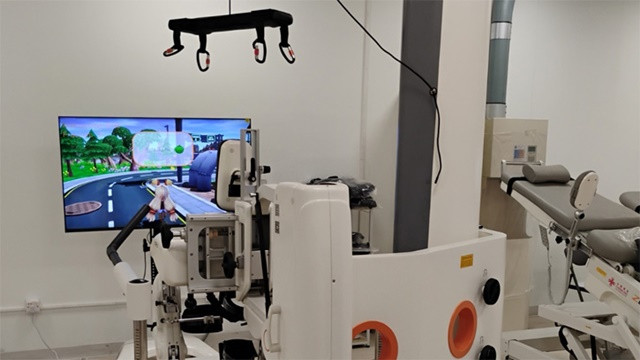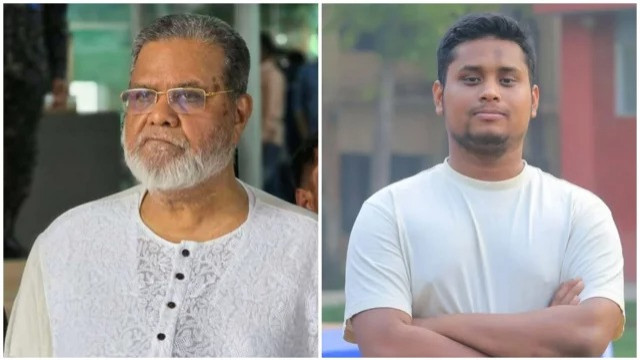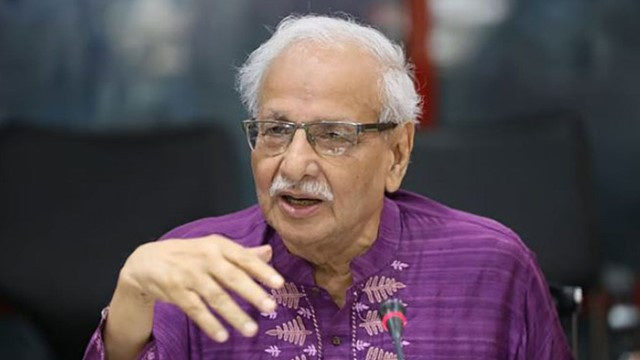৩০ মাঘ ১৪৩২
Robotic Physiotherapy to Begin in Bangladesh for the First Time
09 July 2025 20:07 PM
NEWS DESK
Bangladesh is stepping into a new chapter in the treatment and rehabilitation of patients with paralysis and long-term neurological conditions.
Starting on next Thursday, a limited-scale pilot project will be launched at the country’s first robotic rehabilitation center (RRC), located at the Super Specialized Hospital of Bangladesh Medical University (BMU) in Shahbagh, said a media release on Wednesday .
The center, established with technical support from China, has been developed following international standards. It will offer advanced, technology-driven, and targeted rehabilitation services. According to relevant sources, the Chinese government has donated robotic equipment worth approximately Taka 20 crore for the project.
In terms of technology, this center is set to become one of the most advanced robotic rehabilitation facilities in South Asia, marking a significant milestone in Bangladesh’s medical sector. The center is equipped with 62 robotic units, including 22 robots powered by artificial intelligence (AI).
These robots are capable of delivering precise physiotherapy, neurological rehabilitation, and long-term medical care, tailored to the specific conditions of each patient.
BMU authorities have said that in preparation for the center's launch, 27 doctors and physiotherapists have already received specialized training under the guidance of a 7-member Chinese biomedical engineering expert team. The center will be fully operational once the trained personnel gain hands-on experience and all preparatory activities are completed successfully.
This robotic facility is expected to significantly benefit patients undergoing complex rehabilitation for conditions such as stroke, paralysis, neurological disorders, chronic pain, nerve damage, frozen shoulder, trauma-related complications, and muscle weakness.
Importantly, free robotic medical services will be provided at the center, particularly to individuals injured during the mass uprising of student and public in July, who continue to suffer from long-term health issues.
The center’s services will not remain limited to specific groups. In line with a planned policy, the facility will gradually be made available for general patients, with a strong emphasis on keeping treatment costs affordable for all.
Once launched, this center will usher Bangladesh into a new era of technology-driven rehabilitation, representing not only a leap forward for the country’s healthcare system but also a beacon of hope for patients with paralysis and chronic neurological conditions.



















Comments Here: